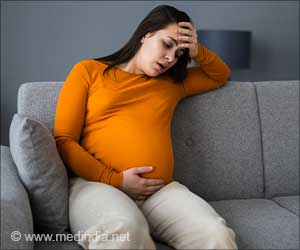As increasing numbers of childhood cancer patients survive into adulthood, preservation of future fertility has become an important consideration in treatment.
As increasing numbers of childhood cancer patients survive into adulthood, preservation of future fertility has become an important consideration in treatment, say senior cancer and fertility scientists.
About 750 children and adolescents in Australia and New Zealand are diagnosed with cancer every year, says Dr John Heath of the Children’s Cancer Centre at Melbourne’s Royal Children’s Hospital.“About 75 per cent of these patients are expected to be long-term survivors,” Dr Heath says in the latest edition of the Medical Journal of Australia (MJA).
Fertility preservation is a major concern in planning for a “normal” lifestyle and life experience, he says, adding that a range of therapeutic interventions for preserving fertility are now available.
Dr Heath and Dr Catherine Stern, a fertility specialist at the Royal Women’s Hospital in Melbourne, surveyed the fertility preservation activities of 12 of the 13 paediatric oncology units throughout Australia and New Zealand.
All centres surveyed offered sperm preservation, they said, but only 10 of the 12 offered oocyte or ovarian tissue preservation. Only five centres offered preservation procedures to pre-pubescent patients.
Fertility counselling was offered by nine centres, and although 11 centres agreed that fertility preservation guidelines would be helpful, only two had guidelines in place.
Advertisement
“Clinicians must keep abreast of developments and make all relevant information available to families.”
Advertisement
In a related editorial in the same issue of the MJA, Canadian paediatricians Professor Mark Greenberg and Assistant Professor Stacey Urbach argue for consensus and collaborative research.
“The paediatric community has been slow to embrace routine and consistent counselling for families about preservation options, in part because the options in young children are both limited and complicated,” says Prof Greenberg.
“Paediatric oncologists must inform themselves of the options, forge links with paediatric endocrinologists and reproductive medicine specialists, define at-risk patients by consensus, and commit to participating in research in this area.”
Source-AMI
SRM











